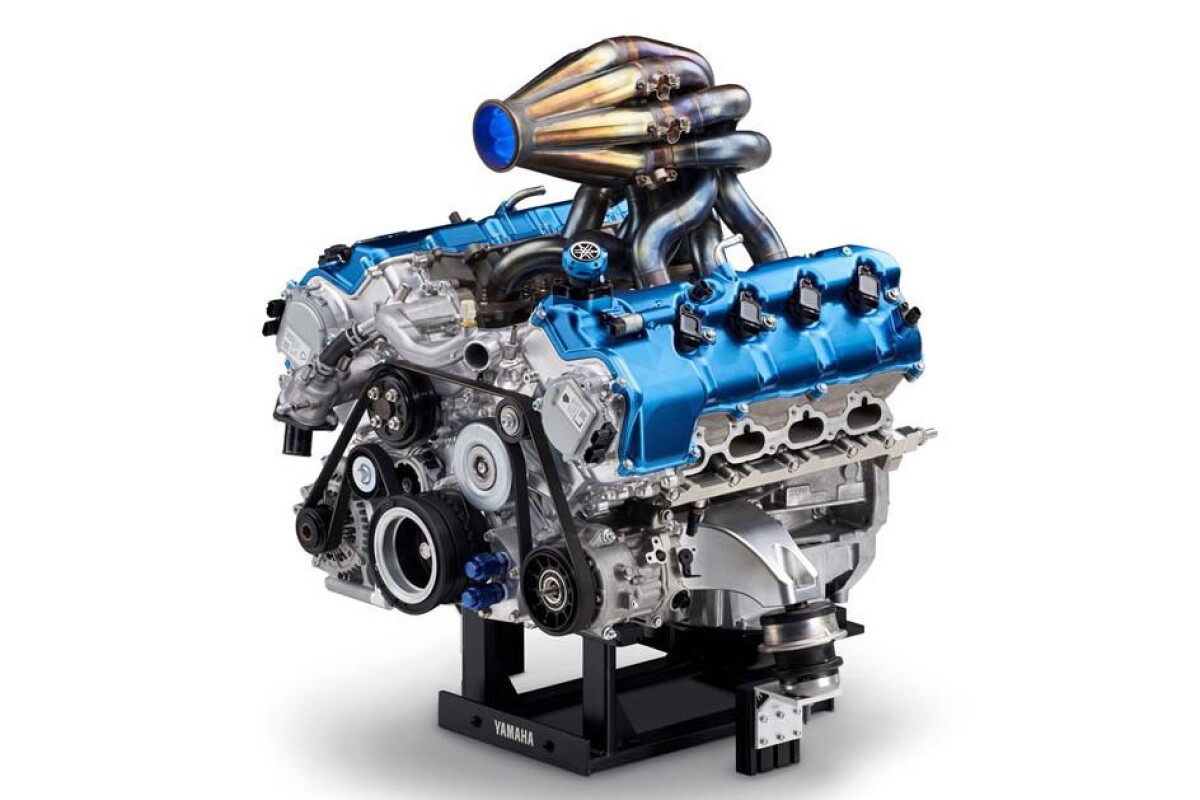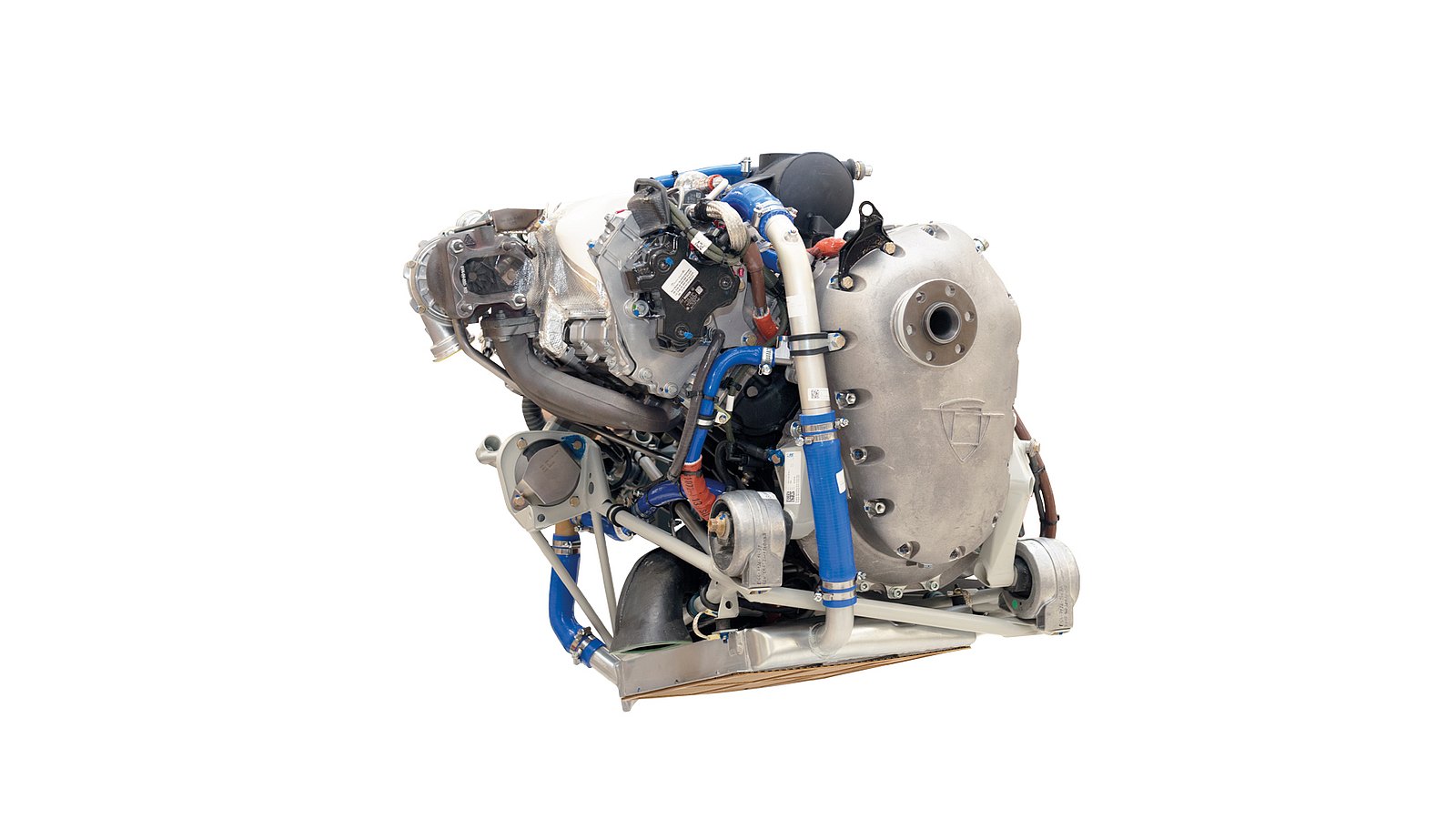A Complete Overview to Choosing the Right Engine for Your Task
Selecting the proper engine for your project is an essential decision that can substantially impact its total success. It is necessary to diligently specify your project requires, review performance demands, and think about user-friendliness along with other necessary elements. Furthermore, recognizing the neighborhood assistance readily available and inspecting expense implications can additionally refine your choice. Each of these aspects plays a pivotal function in guaranteeing that your selected engine not just meets immediate purposes however likewise aligns with long-term goals. As we discover these considerations, you might discover that the subtleties of each aspect disclose greater than initially prepared for.
Specify Your Task Demands
Specifying your task needs is a critical step in picking the suitable engine for successful application. A comprehensive understanding of your job's goals will certainly direct you in identifying the capacities and attributes called for from an engine. Begin by laying out the extent of your task, consisting of the desired performance, target audience, and the particular results you aim to achieve.
Following, take into consideration the technological demands that straighten with your project goals. This consists of evaluating the compatibility of the engine with existing systems, along with the shows languages and frameworks that will certainly be used. Additionally, evaluate the degree of scalability needed to accommodate future development or changes in need.
Budget restraints likewise play a crucial function in defining your task requires. Develop a clear monetary framework to lead your decision-making procedure, guaranteeing that the engine selected fits within your budget while giving the needed capability.
Evaluate Performance Requirements

Engines that sustain straight scaling are typically more effective for larger applications. Furthermore, assess the engine's performance under different problems, such as peak use situations, to guarantee it satisfies your dependability standards.
Consider Ease of Use
While technological requirements are crucial, the ease of usage of an engine can dramatically influence the advancement process and total task success. An user-friendly interface, clear documents, and structured process can dramatically minimize the learning contour for designers, enabling them to concentrate on creative thinking and analytical rather than facing complex tools.
When assessing an engine's convenience of use, consider the onboarding experience. A well-structured intro, total with tutorials and example jobs, can promote a smoother shift for brand-new individuals. Additionally, the clearness and comprehensiveness of the engine's documentation play an essential function; thorough guides and API referrals can equip programmers to fix and apply functions successfully.
One more facet to consider is the engine's personalization capabilities. An engine that permits very easy adjustments can be more easy to use, as developers can tailor it to fit their specific demands without substantial trouble. Finally, examine the workflow assimilation with systems and devices you already use. A natural ecological community can enhance efficiency and minimize rubbing throughout the development process. Ultimately, selecting an engine that focuses on convenience of usage can lead to a more effective and delightful growth experience.
Assess Community and Support
The strength of an engine's community and assistance network can significantly affect a programmer's experience and success. When assessing an engine, consider the size and activity level of its community.
Moreover, evaluate the accessibility of official assistance channels. Reputable documents, responsive customer support, and normal updates are vital for resolving technological concerns and keeping your job on the right track. Engines For Africa. Energetic areas additionally promote partnership, providing chances for networking and comments, which can be important, especially for small groups or independent designers
Furthermore, explore the existence of community-run occasions, such as hackathons or meetups. These go to this site gatherings can improve your understanding of the engine while attaching you with prospective partners and knowledgeable customers. In summary, a robust you can try these out area and support system not just simplify development but additionally create an environment for discovering and innovation, ultimately boosting the likelihood of your project's success.
Compare Expense and Licensing Alternatives
Budget considerations play a crucial role in picking the ideal engine for your project, as the expense and licensing choices can substantially impact both temporary expenditures and long-term feasibility. Engines For Africa. Different engines use varying pricing frameworks, which can include one-time acquisition costs, registration models, or revenue-sharing agreements based on your task's incomes

Accrediting alternatives also vary significantly. Some engines are open-source, using adaptability and community-driven support, while others might need exclusive licenses that limit use and distribution. Recognizing the implications of each licensing design is vital, as it affects possession rights, future scalability, and prospective legal responsibilities.
Conclusion
To conclude, selecting the proper engine for a project demands a complete analysis of defined project demands, performance demands, convenience of use, area support, and cost considerations. By systematically dealing with these vital factors, decision-makers can ensure placement with both future and current project demands. A well-informed choice inevitably improves the possibility of task visit our website success, making it possible for efficient source appropriation and making best use of potential outcomes within the specified financial restraints.
Choosing the ideal engine for your task is a critical decision that can considerably influence its overall success.Defining your project needs is a critical action in picking the suitable engine for successful implementation. A detailed understanding of your task's purposes will certainly assist you in determining the features and capabilities required from an engine.When you have a clear understanding of your task needs, the next step is to review the performance needs of the engine.In conclusion, selecting the proper engine for a job necessitates a complete evaluation of defined job requirements, efficiency needs, simplicity of use, area support, and expense factors to consider.